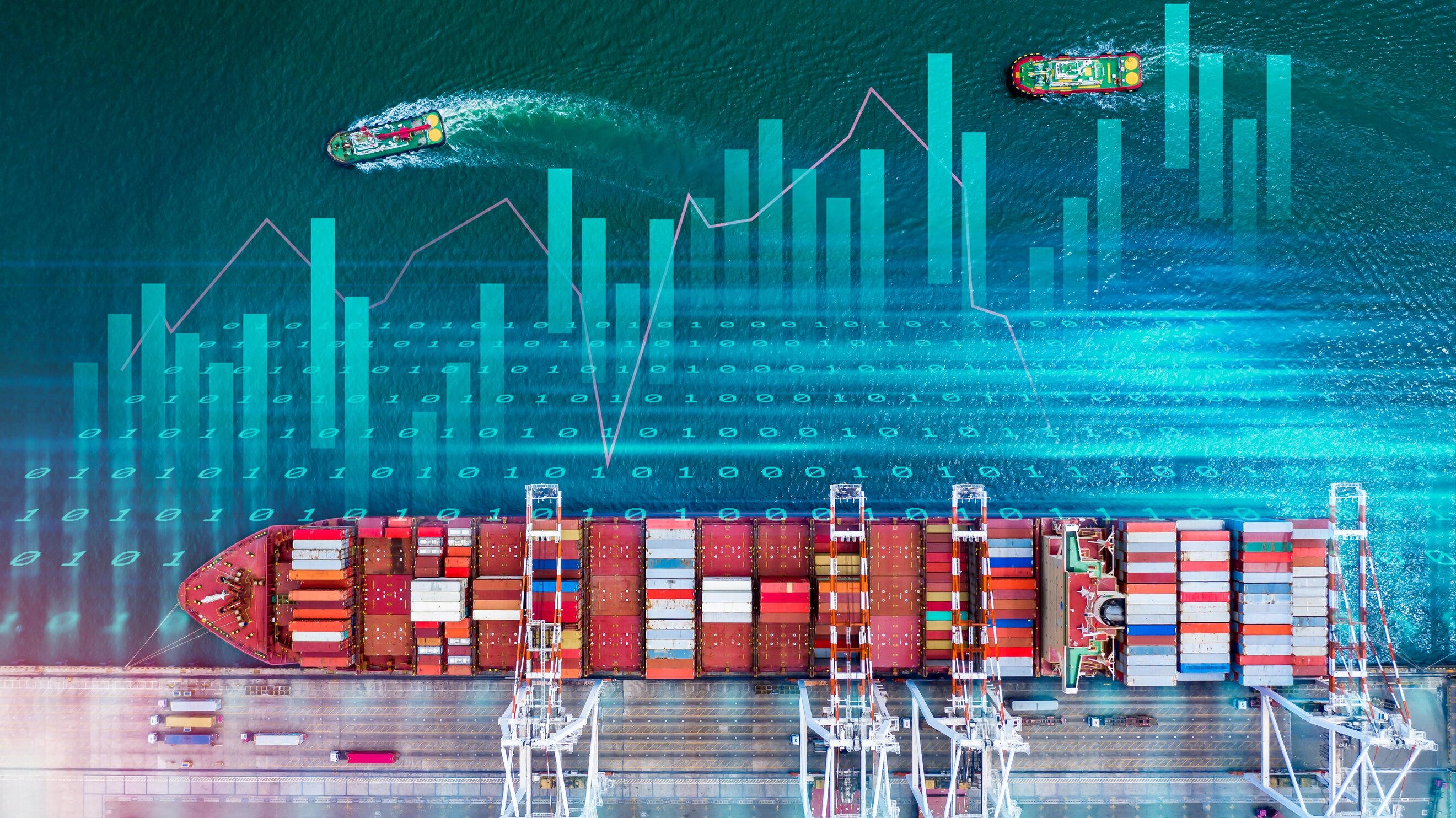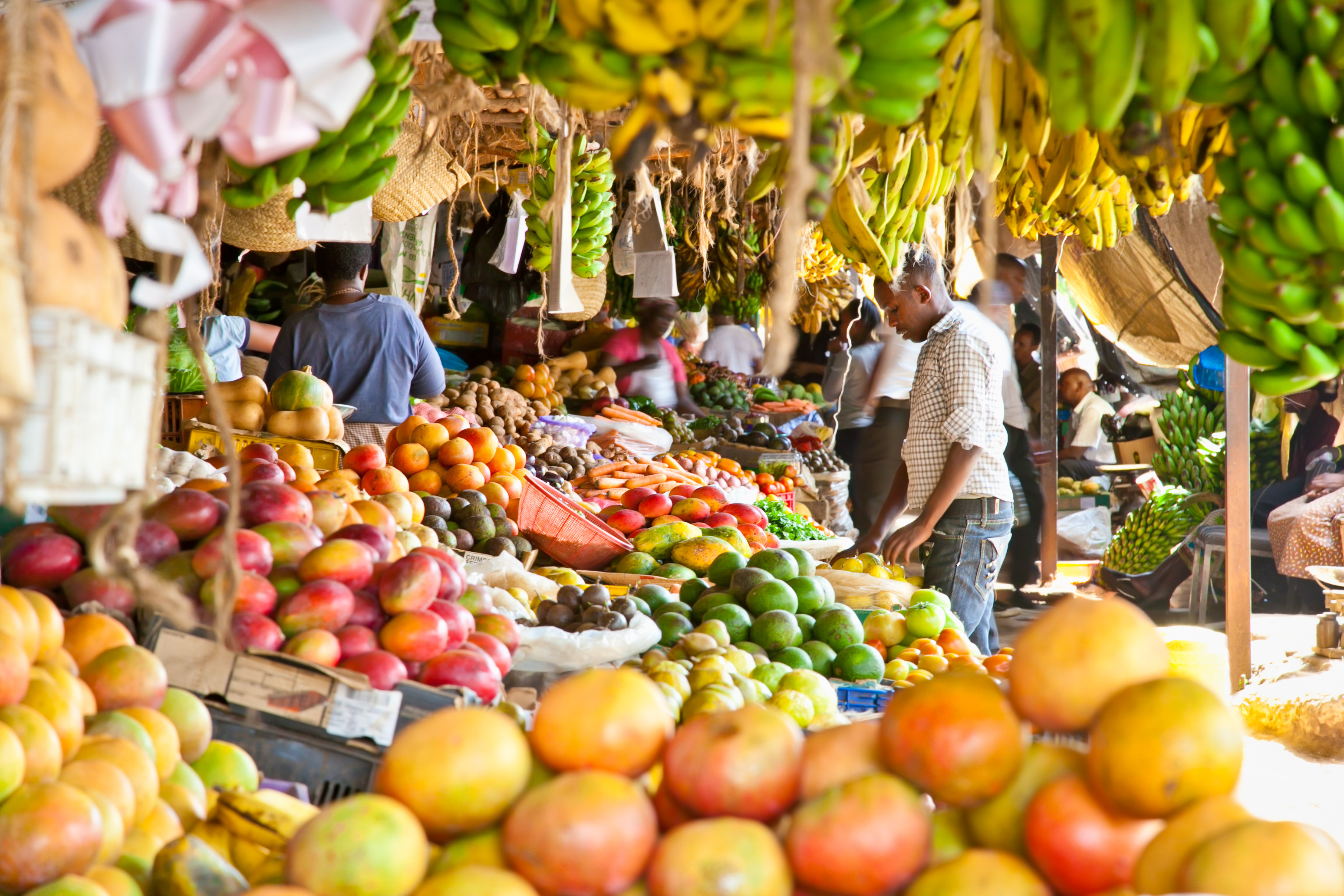Lizzie Mushangwe
-
Cultural Intelligence in African Trade: Understanding Diverse Market Dynamics
Posted: February 07, 2024Comments: 0The historical evolution of African trade is marked by rich cultural influences, laying the foundation for today's complex market dynamics. And for those keeping a close watch on the African Continental Free Trade Area (AfCFTA), it’s apparent that a new chapter in African trade has dawned. Forming a vision of interlinked markets that transcend regional barriers. Central to this vision, is the use of cultural intelligence. This vital concept centres around respecting different cultural practices, and is crucial for those who wish to successfully engage in the diverse and vibrant African markets. ATEX, therefore, emerges as an essential tool for navigating these intricate cultural landscapes and breaks down physical barriers by setting the stage for successful intra-African trade.
In this article, we delve deep into the nuances of Cultural Intelligence (CQ) and explore its impact on the ever-evolving African landscape. Specifically, we will look at how ATEX can be used b
-
Import food regulations and trends in Africa: Navigating the gastronomic frontier
Posted: October 02, 2023Comments: 0Import food regulations and trends in Africa: Navigating the gastronomic frontier
Food imports play an instrumental role in shaping Africa's economic and cultural landscape. Economically, food imports have a dual impact: they provide opportunities for the local businesses involved in distribution and retail and help stabilise food prices, ensuring accessibility across varying income levels. Therefore, looking at the projected African import bill, which is set to exceed $110 billion by 2025, the strategic importance of food imports, both as an economic driver and a cultural bridge, cannot be understated. These imports meet more than just the basic nutritional requirements of the continent's inhabitants but also introduce new culinary experiences, enriching the continent's gastronomic appetite. Growing at a rate of 2.5% a year for the rapidly expanding sub-Saharan population, Africa is distinctly marked by rich cultural diversity and varied dietary
-
Unlocking opportunities with import financing: A beginner's guide
Posted: August 16, 2023Comments: 0
Unlocking opportunities with import financing: A beginners guide
The African region awaits entrepreneurs who are ready to make their mark. Proven in 2022 by a 15.5 percent growth in merchandise imports to US$706 billion, the thriving import market spans significantly from fruits, chia seeds and even to urea. This diversity in commodities points to the testament that is Africa's business potential. Where the key to unlocking these opportunities lies in understanding import financing and leveraging instruments tailored towards the current African market. This guide will introduce you to the concepts of import financing, with an emphasis on organisations that specialise in this field, such as Afreximbank and ATEX.
Understanding Import Financing: An Introduction
When a gap exists between the purchase of goods from a seller and the receipt of payment
-
Navigating Open Account Trading: A comprehensive guide to risk and mitigation strategies
Posted: May 22, 2023Comments: 0
A brief overview of Open Account TradingWhen navigating the world of global commerce, we often come across a term instrumental in shaping international trade dynamics - open account trading. This is a key mechanism in global trade transactions, where buyers receive goods before the payment is due. When effectively used, open account trading allows businesses to effortlessly manoeuvre through the pitfalls of international trade whilst mitigating financial risks. In this article, we will explore questions such as "What exactly is open account trading?" and "How does it work?" while also touching on related concepts, such as the role of credit trade insurance and the challenges of managing payment delays. In doing so, a comprehensive understanding of the concept will be achieved.
Understanding Open Account Trading
-
Trade Finance Solutions for Africa
Posted: April 25, 2023Comments: 0
For businesses entering the global trade arena, trade finance solutions provide the vital financial lifeline needed to help contribute towards a growing economy. According to the Organisation for Economic Co-operation and Development (OECD), “Trade finance serves as the lifeblood of the day- to-day international trade”. They can be likened to a bridge of sorts that connects exporters and importers, providing stability in the domain of international trade and helping to ease the buying and selling of goods. On one end, these financial instruments ensure that exporters receive payment for their goods and services, and on the other, importers gain the ability to secure timely deliveries of their interests. This is all facilitated through bespoke finance solutions such as letters of credit, bank guarantees and supply chain financing.
The Importance of trade finance in Africa
-
Innovations In The Supply Chain
Posted: March 16, 2023Comments: 0
The necessity of supply chains
The globalised world in which we live in today has formed a complex and interconnected network of supply chains, highlighting more than ever the need for efficient management. Supply chains are networks of entities, resources and activities that work together to deliver a product or service to a customer. Given their broad and intertwined nature, efficient supply chain management is critical to the success of any business. Simply put, supply chains deliver the right product at the right time and at the most cost-efficient price. Achieving this, therefore, requires the optimisation of supply chains for productivity and customer satisfaction. Innovation in the supply chain
-
How can technology accelerate the AfCFTA (African Continental Free Trade Area)?

How can technology accelerate the AfCFTA (African Continental Free Trade Area)?
What is the AfCFTA?2018 marked the advent of the African Continental Free Trade Area (AfCFTA) – a free trade area with the sole purpose of promoting inter-African trade between its 55 member countries (44 ratified). Through this, the social mobility of countless Africans will be increased, placing Africa as a global economic power. Using the metric of member participation, the AfCFTA agreement can be described as the largest free trade area in the world. Resulting in an agreement that will link 1.3 billion Africans in this region and by 2035, potentially lift 30 million people out of extreme poverty.
The AfCFTA is a strategic long-term plan to increase growth, trade, employment and reduce the extreme poverty faced on the African continent. T







